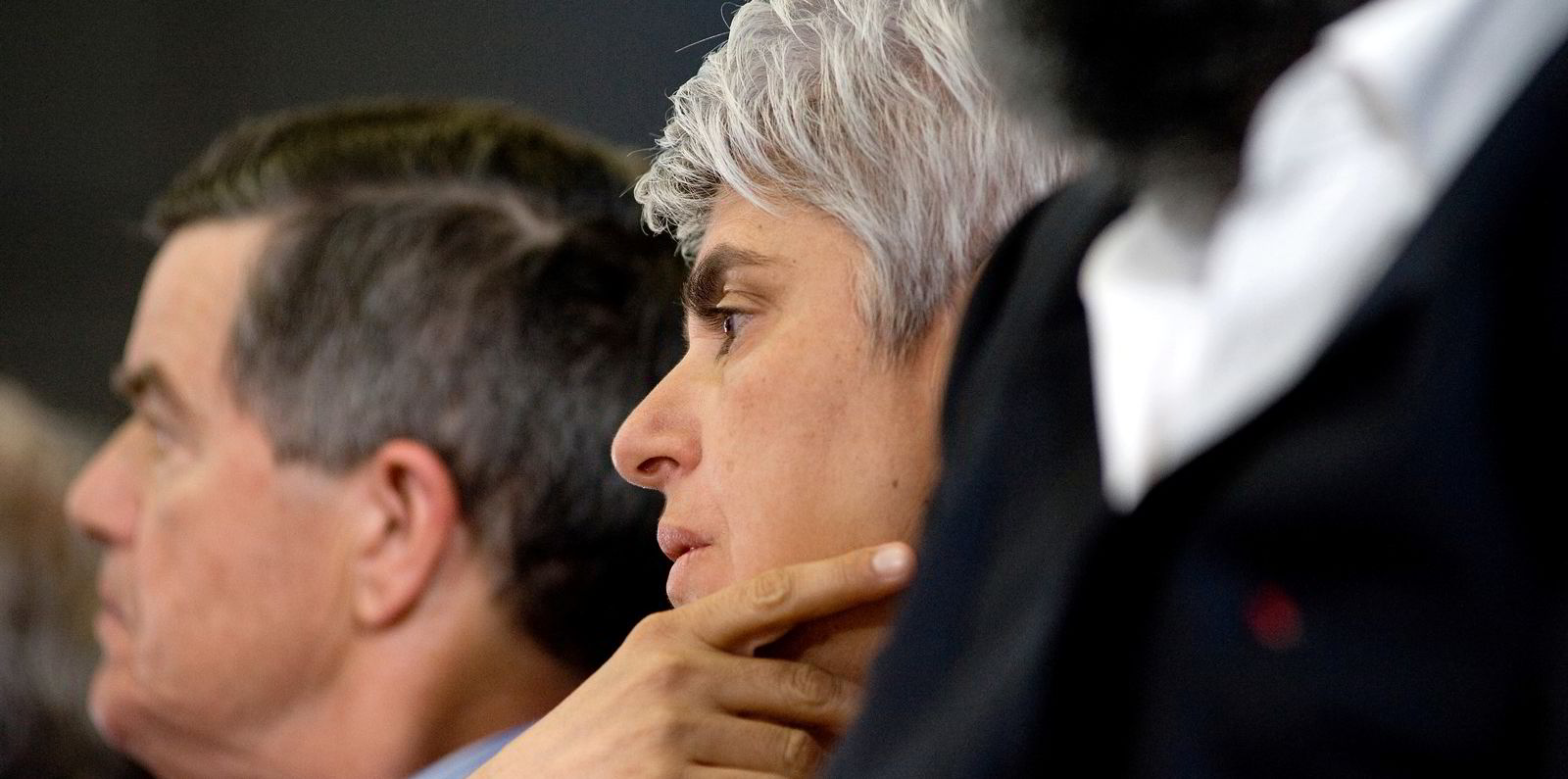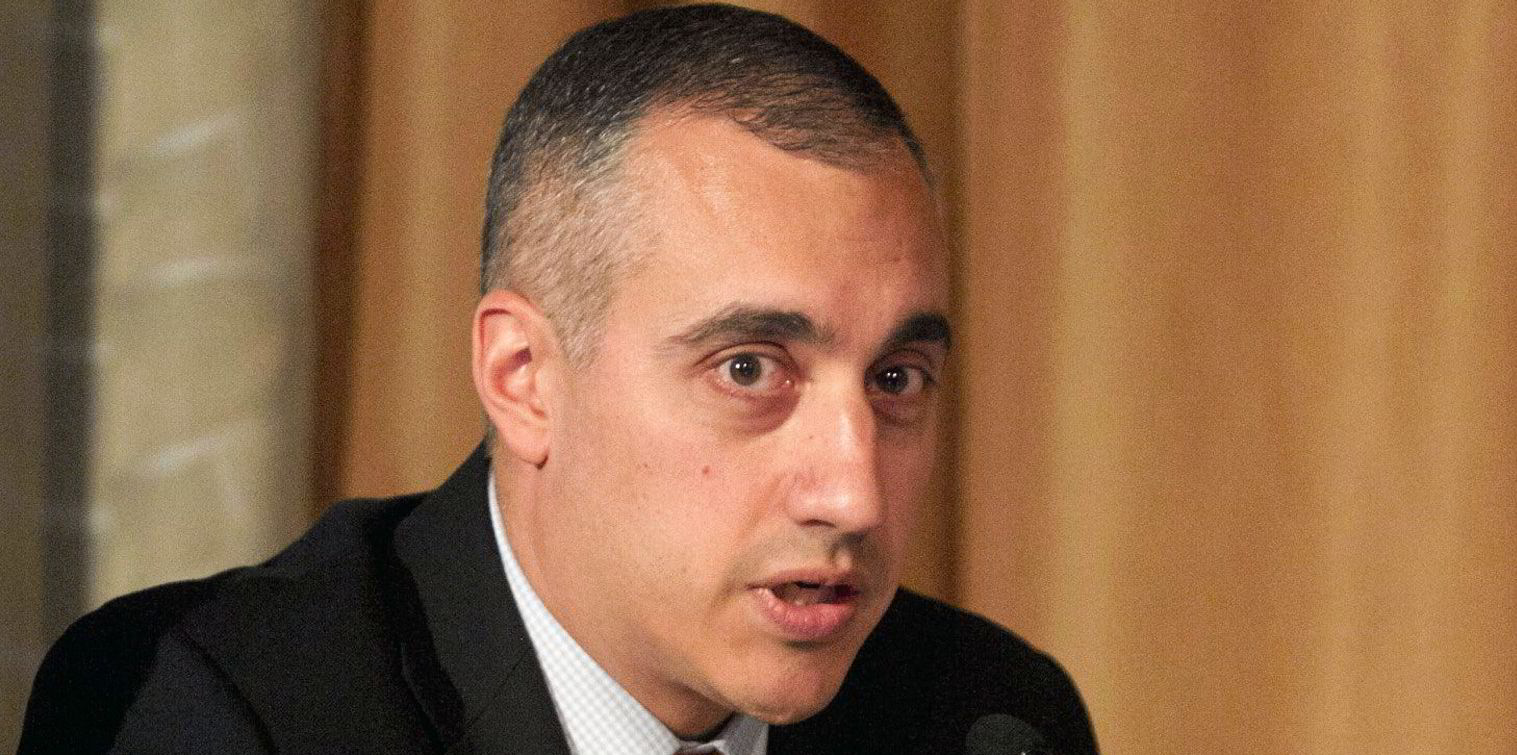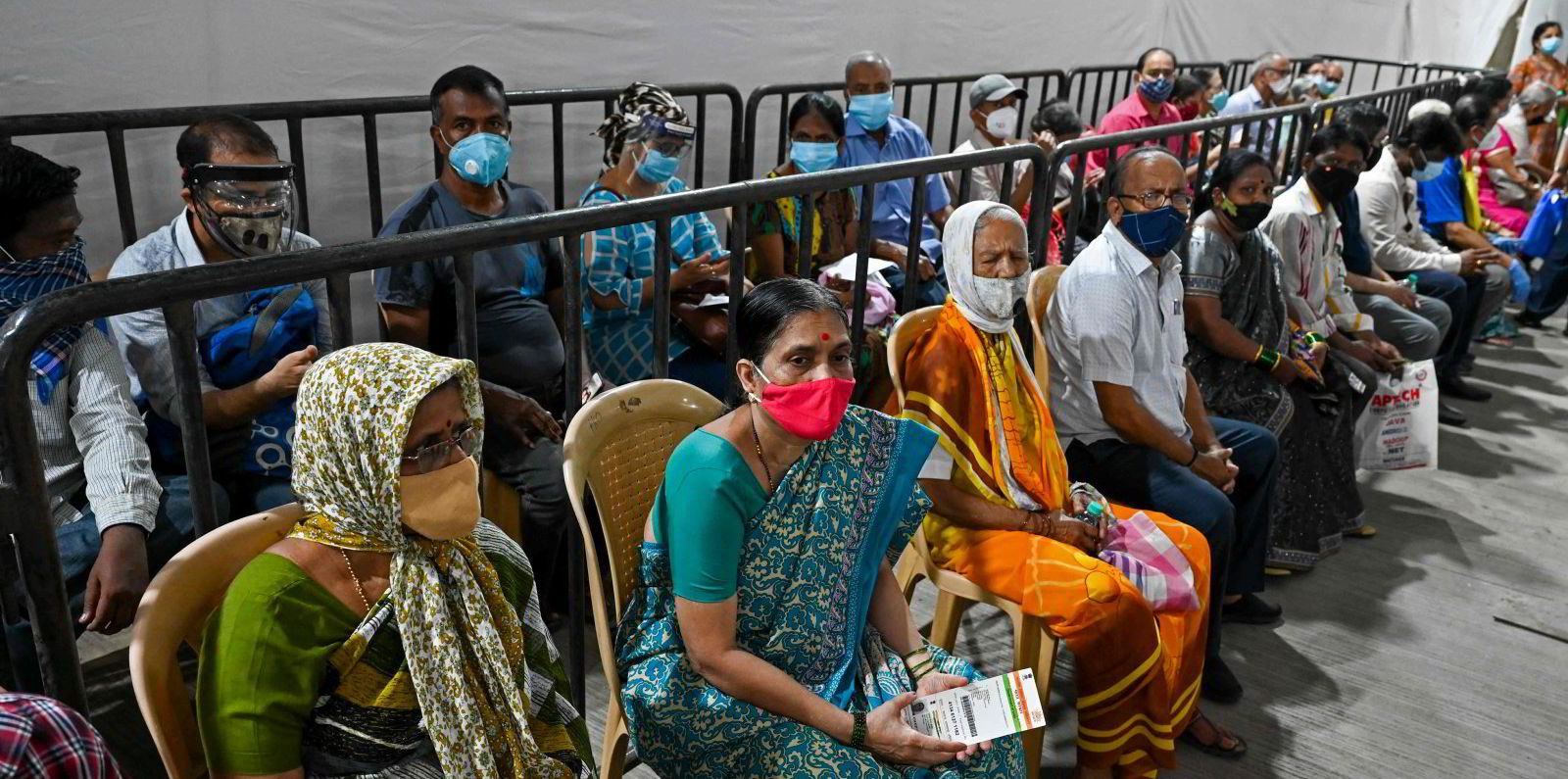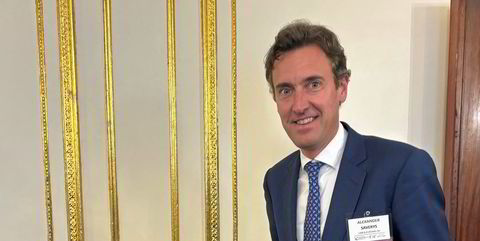Belgium's Euronav has bemoaned "stunted" demand recovery and a restricted crude supply as it crashed to a $71m loss in the first quarter.
But the New York and Brussels-listed owner sees hope for the beleaguered tanker sector as Opec+ starts to increase production.
Euronav made a profit of $225.6m in the first quarter of last year.
First-quarter revenue plunged to $113.4m, from $416.6m in the same period of 2020.
The average VLCC time-charter rate improved to $39,500 per day from $37,000 per day the previous year, but the average spot rate crashed to $14,000 per day compared with $72,750 per day in 2020.
The suezmax time-charter average rates were down at $29,500 per day from $30,250 per day in 202, but spot earnings fell back to $11,500 per day, compared with $59,250 per day a year ago.
Rates dropping further
So far in the second quarter, the spot VLCC fleet has earned just $10,000 per day, while 48% of the available days have been fixed.
Euronav's spot suezmaxes have managed $10,500 per day, and 41% of the available days have been fixed.
As a result of weak markets, the company continues to accelerate its dry-docking programme involving 27 ships this year.
Chief executive Hugo De Stoop said low rates prevailed during the first three months and into the current quarter.
"Mobility restrictions linked to the Covid-19 pandemic continue to affect global crude consumption," he added.
More VLCCs to be needed
He called Opec+ production rises "encouraging" but said large crude tonnage remains "abundant".
The export group is scheduled to deliver 2.1m barrels per day (bpd) of additional crude between May and July.
Euronav calculates that every 1m bpd of crude transit should translate into a requirement for 30 VLCCs.
"We remain confident the market will recover in the medium term and that is why we took advantage of available low asset prices to make countercyclical investments in both the VLCC and suezmax segments during Q1," De Stoop added.
The company has picked up a couple of suezmax resales and ordered two ammonia-ready VLCCs, with an option for a third.
Ever Given was no help
The parlous state of the markets was illustrated when the 20,388-teu boxship Ever Given (built 2018) blocked the Suez Canal for six days in March.
"In ordinary circumstances this would have led to substantial disruption in the large tanker market and a likely increase in freight rates," Euronav said.
"However, due to the short-term oversupply of tonnage, this has had limited effect in operational terms or in benefiting freight rates."
The shipowner remains baffled by the lack of scrapping of older tonnage.
But it said the use of many of these ships for "illicit" trade around sanctioned Iranian and Venezuelan cargoes explains the sale of these veteran to private buyers.
Euronav is sticking to its fixed dividend of $0.12 per year, paying out $0.03 to investors in the first quarter, despite the loss.
At the end of March, the company had liquidity of $1.1bn.








